You either clicked that title to see if I was kidding or to check if I'd completely lost it. Please don’t throw things or send angry messages. Hear me out.
No, I'm not pretending that the hot flushes, sleep disruptions, or mysteriously shrinking pants are fun. Or Easy. Or Welcome. They're not, but some of it is inevitable. I’m not saying we need to think happy thoughts and grin through it either. But what if this messy, uncomfortable phase is your body's way of asking for something different? More intention. More support. A new level of care that matches what you're going through.
It reminds me of another kind of transition I went through about the time I turned 30. I didn't recognize it as a wake-up call at the time, but that's exactly what it was. A hard, uncomfortable shift that forced me to face what wasn't working anymore and make real changes.
No…seriously! Stay with me.
An Uncomfortable Shift
I went from working in retail, where I was on my feet all day, to a desk job where I sat for hours. I gained thirty-five + pounds, and none of my clothes fit. I felt frustrated, uncomfortable, and stuck. At the time, it felt like punishment. Now I see it was a turning point. That weight gain forced me to figure out how to live healthier, get stronger, and take better care of myself. If the weight gain hadn't pushed me to change, I would have gone through life thin, fragile, weak, and disconnected from my health. That hard season was the reason I found my purpose. It led me to become a coach, and it's why I'm more fit and healthy at fifty than I ever was at thirty. The struggle became the start of everything.
Maybe perimenopause is another version of that. Not something we asked for, but something that pushes us to pay closer attention. It asks us to reevaluate what's working, to become more precise with our training, recovery, nutrition, and mindset. It forces growth.
There's an opportunity buried in all of it, if we're willing to look. The symptoms are frustrating, yes. But they can also shine a light on the habits we've been avoiding, the boundaries we haven't set, the recovery we've skipped, the strength we've put off building. It's not just a challenge to get through. It's a chance to do things differently.
And in my case, going through this alongside my clients is part of the gift. I'm not just coaching from theory, I'm living it too. When someone tells me they feel off for no clear reason, that their mood shifts unexpectedly, their body doesn’t feel familiar, or their energy disappears without warning, I’ve felt it too. I get it. I am right there with you. That shared experience makes the work more real, more honest, and more effective. We figure it out together.
A few months ago, I went four months without a period. I thought, "OK, maybe this is it." Then it came back with a vengeance (and didn't stop for 20 days straight.). Yes, feel free to gasp.
I hesitated to include this part. It felt too personal at first. But that’s exactly why I decided to leave it in. We don’t talk openly enough about what our bodies go through, and that silence can make it feel like something to be embarrassed or ashamed of. It’s not. It’s just real.
That's the part no one tells you (or no one told me). The inconsistency. The unpredictability. One minute you think it's over, the next you're stocking up on super tampons again. It's frustrating, and it can feel like your body is working against you. But more than anything, it's a reminder that this transition is real. Your body is shifting. And it needs support, not punishment. Awareness, not panic. A new strategy, not the one that worked ten years ago.
haha. I saw this online and thought it was appropriate.
why IS THIS HAPPENING TO ME?
It’s easy to take it personally and start thinking, why is this happening to me? Perimenopause is a natural part of life. If we are lucky enough to make it this far, it marks the transition toward the end of the reproductive years, as estrogen and progesterone levels begin to fluctuate, sometimes wildly, before eventually declining. These hormonal shifts affect everything from sleep and mood to bone density and muscle mass, which can change how your body uses energy and recovers, making it feel like what used to work no longer works.
It's not a mistake or a malfunction. Our bodies are adapting to a new phase, not falling apart. And while the symptoms can feel disruptive, they're also signals. Your body is asking for different inputs, better support, and a new level of attention.
This season brings new challenges, but it also creates opportunities. With the right plan, you can feel more supported, more capable, and better equipped to navigate the changes.
Your mindset will shape your experience
Spending time dwelling on how unfair or frustrating something feels might be honest in the moment, but it’s not helping. It drains your energy, and you need that energy to care for yourself in ways that can make a difference.
One misunderstanding that comes up when I talk to clients about mindset or self-talk is the idea that they’re supposed to lie to themselves. Like they should pretend, “This is great! I love every second of this! This isn’t hard at all! I feel totally in control!” when things feel frustrating or uncomfortable. That’s not the goal. A mindset shift is more about choosing thoughts that help you move through the tough moments instead of getting stuck in them. You can acknowledge that something is hard and still decide to show up for yourself anyway.
“This is hard, but I’ve done hard things before.”
“Things are shifting, and I’m learning how to work with it instead of against it.”
A GIFT OR OPPORTUNITY
When you look for the opportunity inside a challenge, it helps cut through some of the heaviness. You might even start to recognize that some of life’s most difficult moments lead to unexpected growth. Think about it. There’s probably been a time when something felt awful, but looking back, you can see how it shaped you for the better. And if you’re not there yet, that’s ok too. Life is hard sometimes. We’re not pretending otherwise. But if you can’t find the good, you can still accept what’s outside your control and shift focus to what’s within it.
Ruminating doesn’t change your hormones. But lifting weights, eating a balanced meal, or getting more sleep or morning sunight might help you feel better tomorrow. That’s the difference.
Feel what you feel. Then decide what you want to do next. Progress starts with one small, grounded action.
WHAT ARE YOU GRATEFUL FOR?
I know this might not be easy to hear, especially when grumbling feels oddly satisfying. Sometimes venting with friends feels like a form of connection, shared struggles can make us feel seen and understood. And there’s nothing wrong with that.
But if we stay there too long, we end up reinforcing the frustration instead of finding a way through it. That’s where gratitude can help. Not the forced kind, where we pretend everything’s fine, but the kind that reminds us what’s still working, what we still have, and where we still have power. Gratitude helps us shift out of feeling stuck and into a mindset where taking action feels possible again. We can honor what’s hard and still make space for forward momentum.
Think about what your body has done for you. Maybe it gave birth. Maybe it ran marathons. Maybe it simply kept showing up through decades of stress, caregiving, work, and everything in between. That deserves some respect.
Frustration is normal. But don’t forget to notice what’s working, what’s strong, and what’s still possible.
What helps now
First, talk to your doctor. I'm not a doctor. I'm a coach. And while lifestyle changes can make a big difference, there are some symptoms that may need medical support. Don't wait to ask for help if something feels off. Get the bloodwork. Get the information. Advocate for yourself. Hormone therapy and other treatments are valid tools, and there's no prize for suffering through it.
That said, lifestyle matters. The choices you make daily, such as how you move, eat, rest, and manage stress, can help you feel more like yourself again.
Start with the basics:
Lift heavy things. Not to burn calories or chase soreness, but to keep muscle, strengthen bones, and support your metabolism. Strength training is now the foundation, not an optional bonus.
Eat more protein. A palm-sized portion, or about 30 grams, at every meal helps with satiety, blood sugar regulation, and muscle maintenance.
Prioritize sleep. Set up a cool and dark environment. Set a wind-down routine. Get serious about protecting your recovery. You can't out-train exhaustion.
Get early sunlight: Stepping outside in the morning helps your circadian rhythm, which can make it easier to sleep, feel more energized, and handle stress. All of that plays a role in how your body deals with hormone changes. Even a few minutes of morning light can make a difference.
Manage stress with tools like breath work, walks, lifting sessions, journalling, mindfulness session, and boundaries around your time and energy. Figure out what works for you to get calm and centered, and do more of that.
Don't go it alone. Having medical support, community, and coaching makes a difference. Even the most capable people get further with the right support
Clarity, Confidence, and the Power of a Plan
You don't have to love this phase, but facing it with a plan will get you a lot further than ignoring it, or complaining about it.
This season demands a new level of awareness and action. It can feel overwhelming at first, but it also becomes empowering once you realize how much is still within your control.
You need a better plan, a new mindset, and a willingness to meet your body where it is, then help it get where you want to go.
This phase isn't a mistake. It's a signal. Dare I say, a gift?
We often hear a lot about what you lose with age. Let's talk about what you gain. The fulfillment I've found in making bold moves in the 50s is something I never could have accessed at 20 or 30 years old. There's a quiet confidence that comes from knowing who you are and no longer needing anyone else's approval. I wouldn't trade this clarity for youth, not for a second.
If you want help navigating this season with someone who's walking the path and knows what works, let's talk. I get it, and I'm here for it.
Questions? I’d love to help.
Lea
Lea Genders is a board-certified health coach, personal trainer, and workplace wellness consultant based in Fort Worth, TX. She offers corporate wellness programs for employee health and productivity, as well as in-person and virtual training / coaching for individuals worldwide. Her blog shares expert guidance on strength training, running, and sustainable nutrition @fortworth_trainer



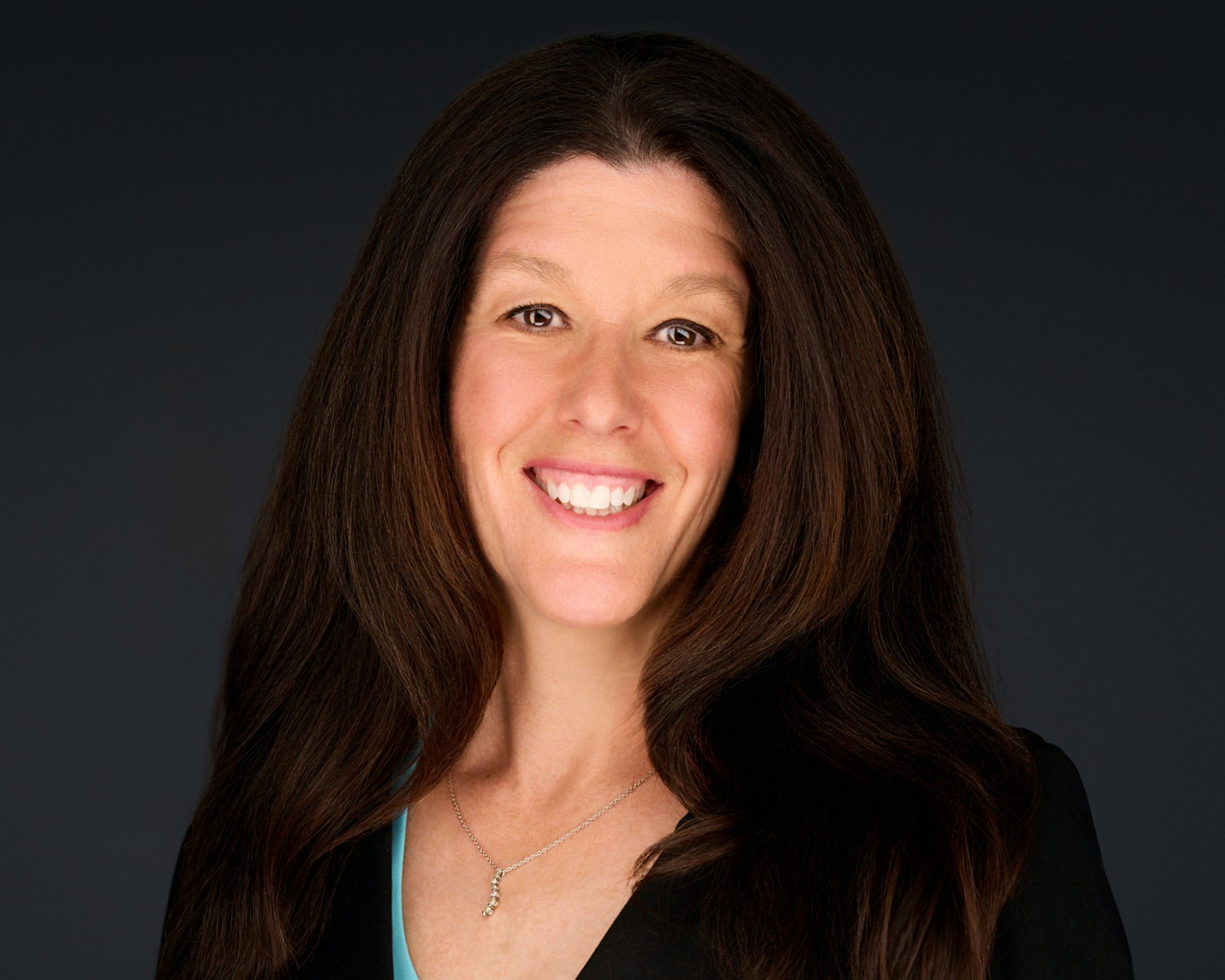
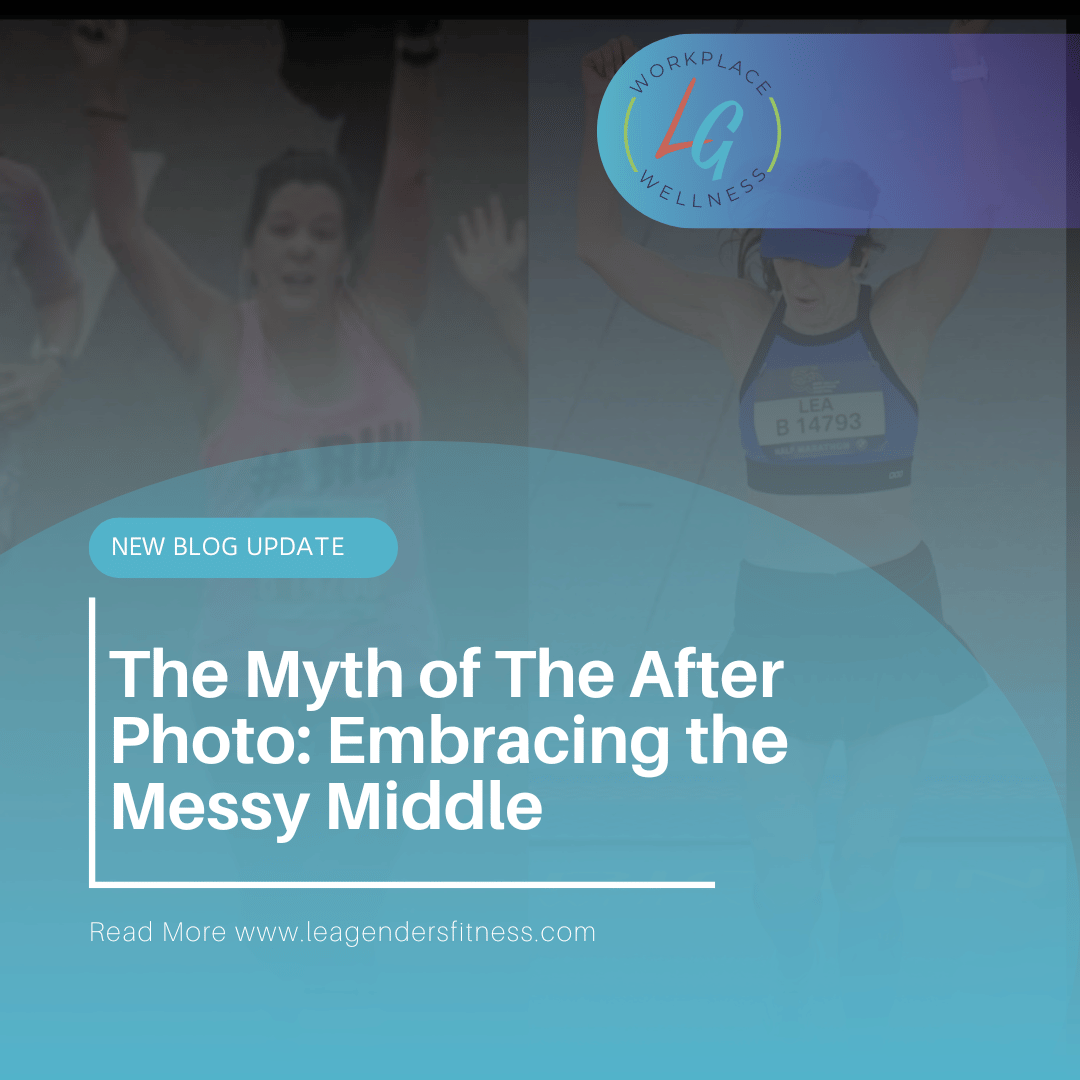
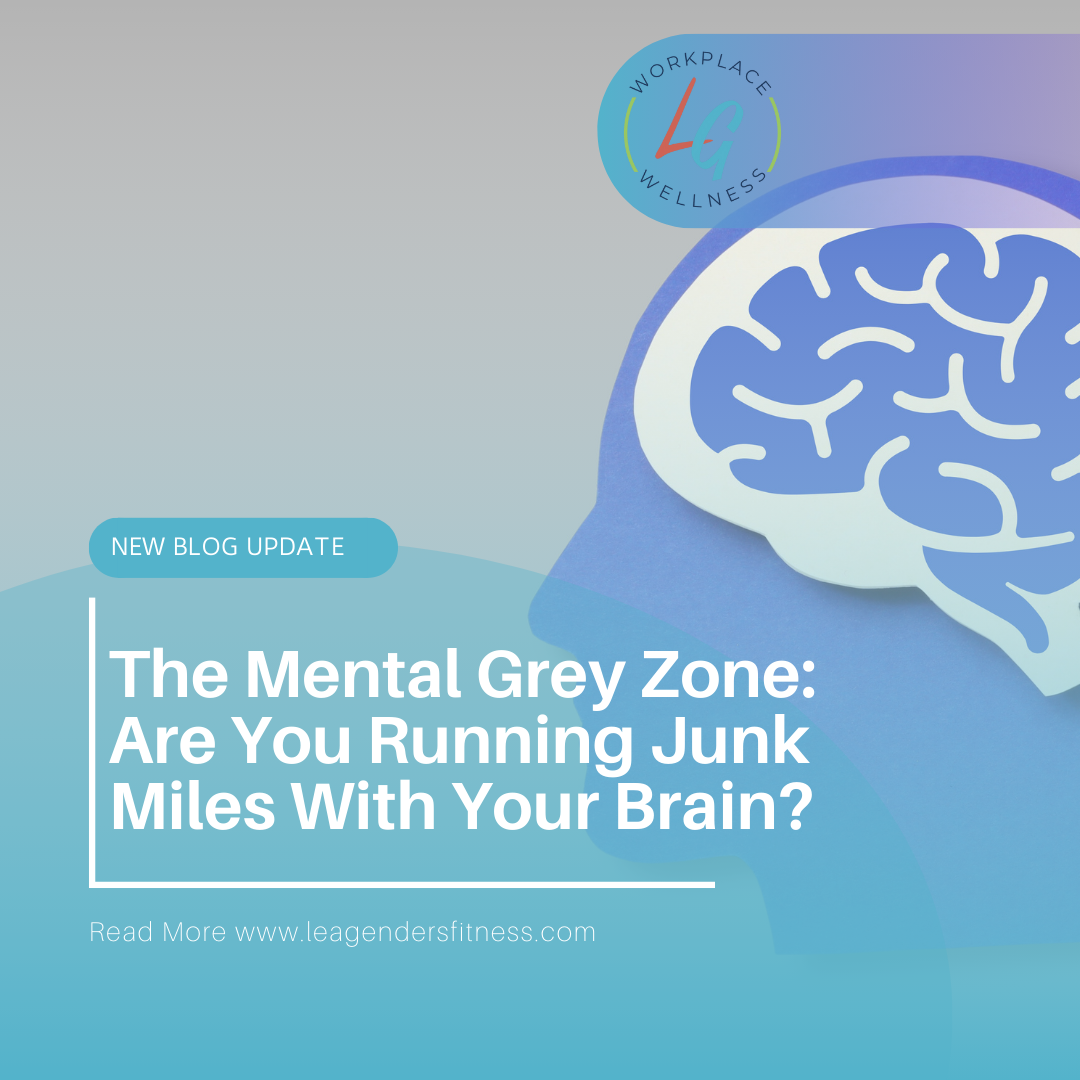

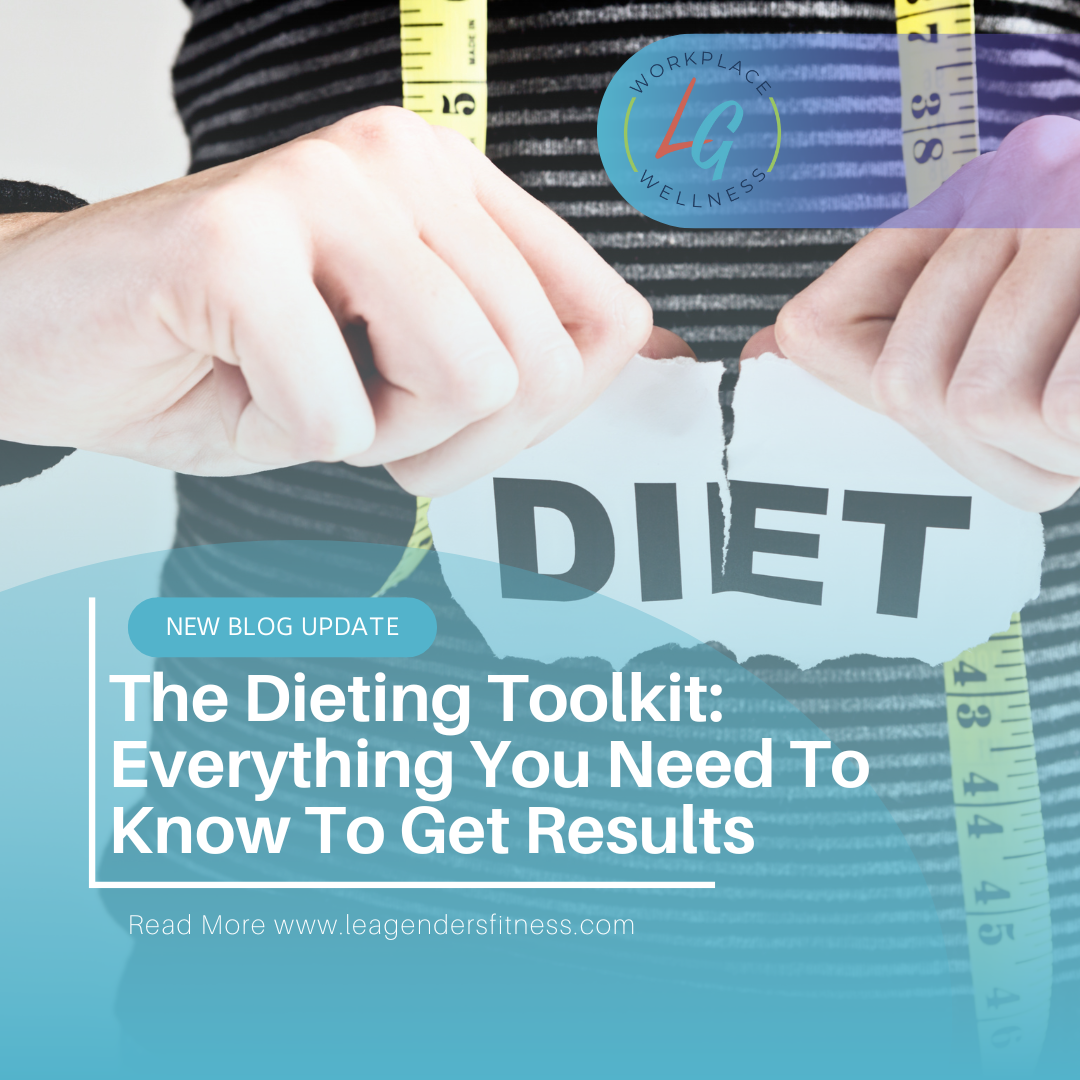
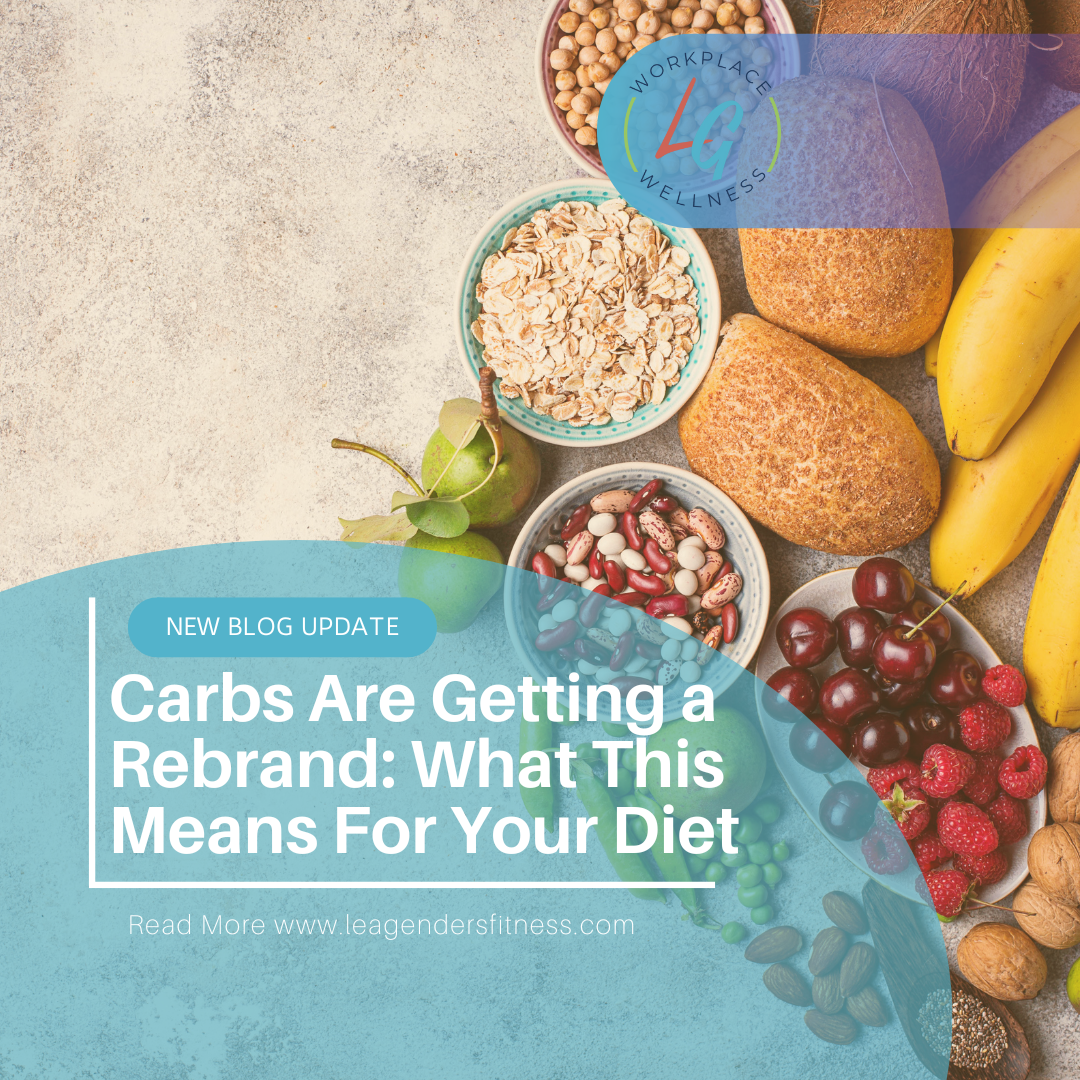
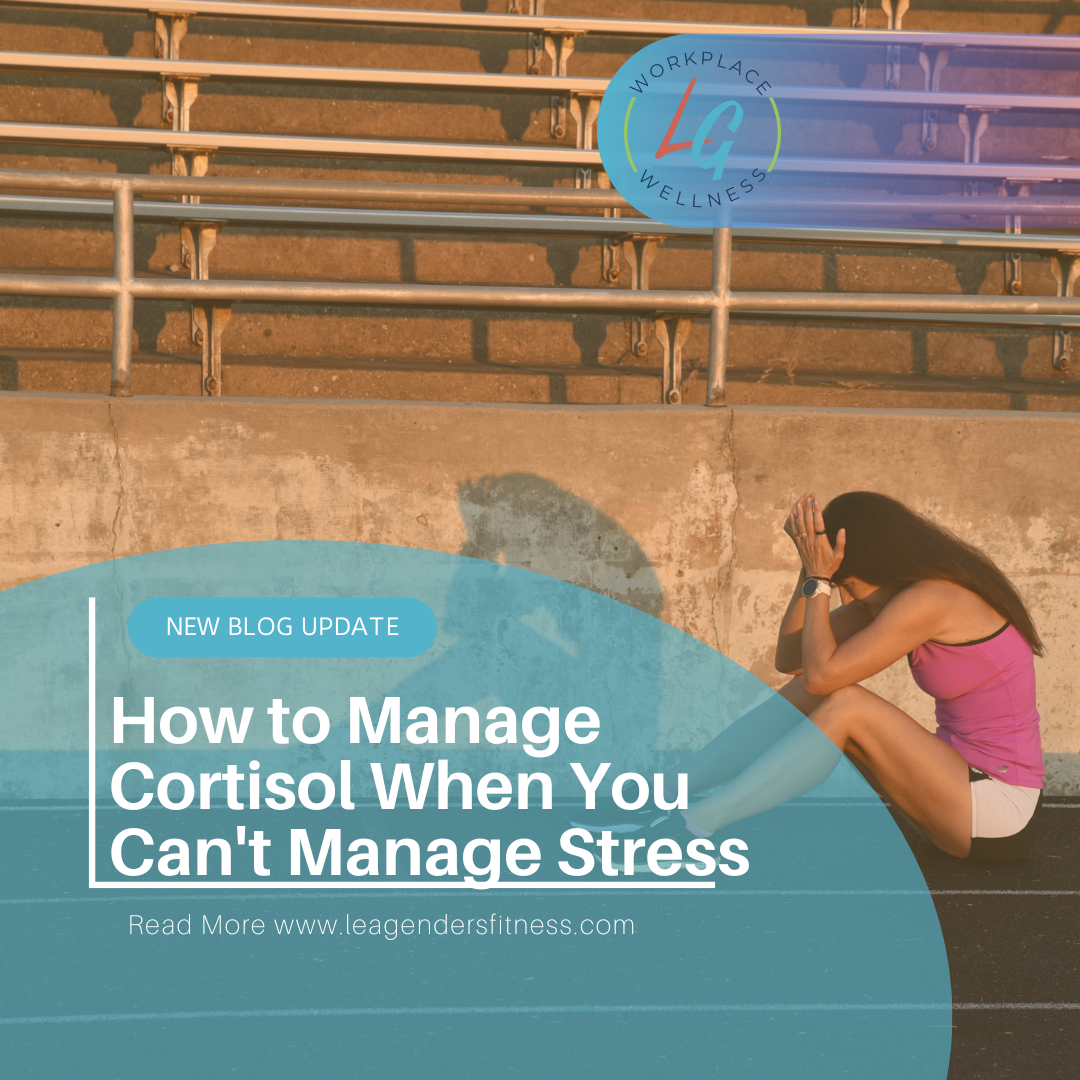
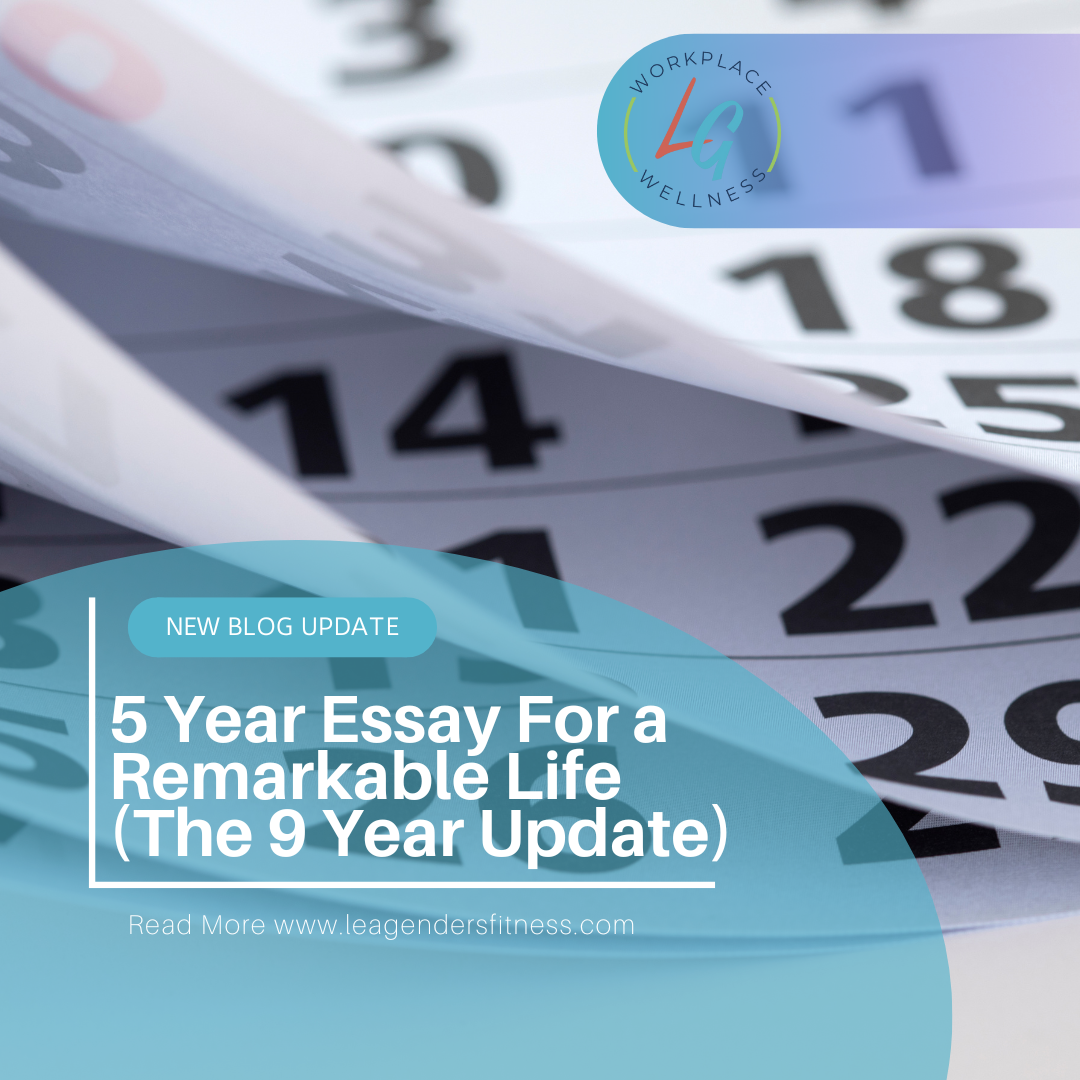
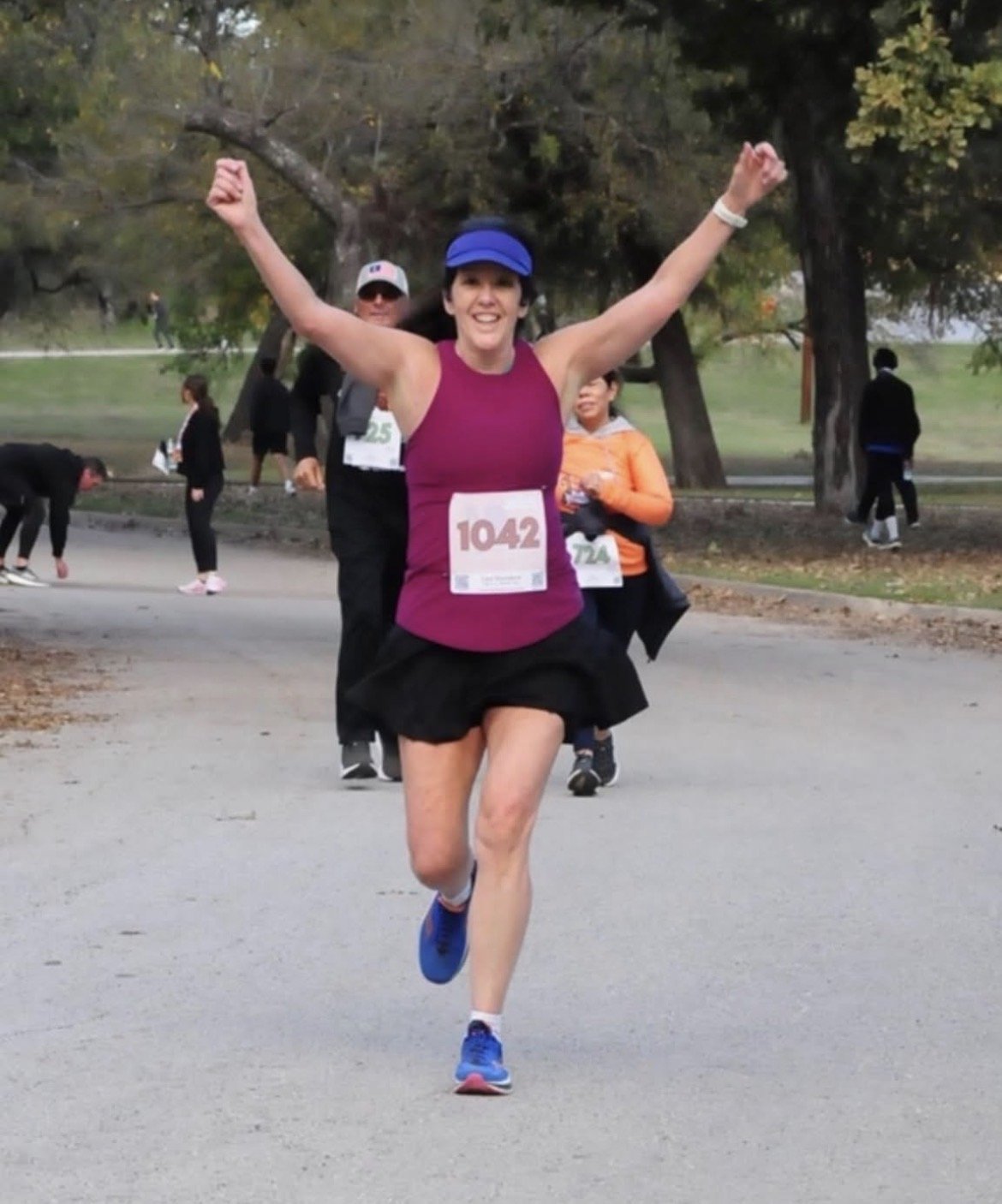

Most of us are stuck in habits and thought patterns that we didn’t even realize we were practicing. Whether it’s negative self-talk on loop, the trap of thinking every workout has to be a high-intensity suffer-fest, or being so obsessed with the scale that we miss the small meaningful wins, these mindsets can sabotage our progress. In this blog, we look at how to identify these traps, give ourselves some grace, and start choosing a new way to think about health and consistency.